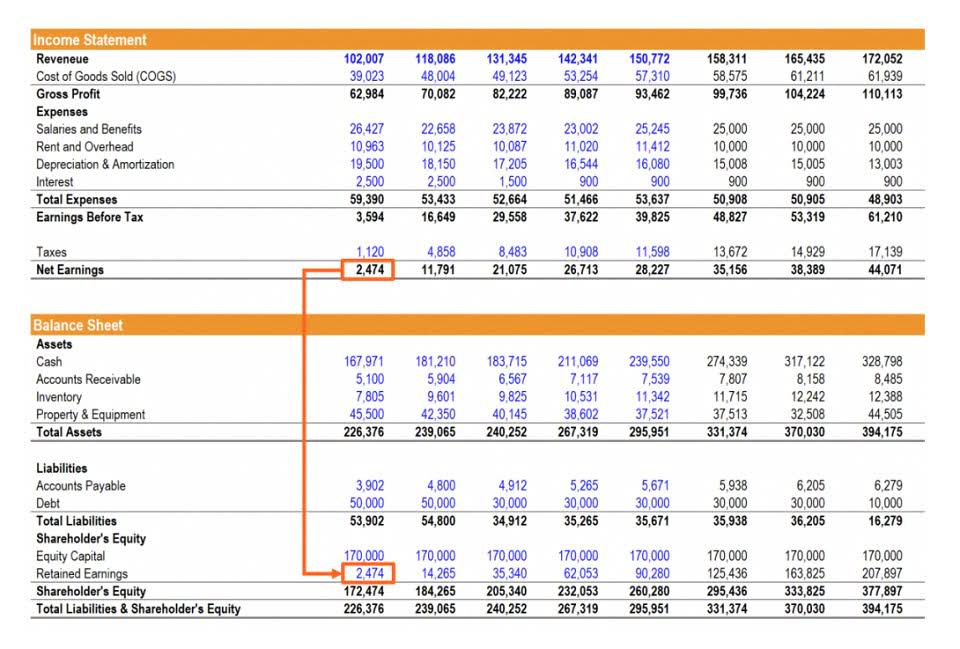If you can acknowledge and accept those two things—that you have an addiction and it’s causing problems—then you have completed the First Step of Alcoholics Anonymous, and you have officially begun your recovery. Mayo Clinic is a nonprofit organization and proceeds from Web advertising help support our mission. Mayo Clinic does not endorse examples of powerlessness over alcohol any of the third party products and services advertised. AARP is a nonprofit, nonpartisan organization that empowers people to choose how they live as they age. Made a decision to turn our will and our lives over to the care of God as we understood Him. Timmen L. Cermak, MD, is a psychiatrist who specializes in addiction medicine.
Tell Someone if You Feel Like Drinking
When you lay it all out, you will see that you did not have control in those moments. For many people, alcohol has a strong effect but when consumed in a moderate amount, it is not unhealthy or dangerous. Over time though, excessive drinking can develop into alcohol use disorder (AUD), or more commonly known as alcoholism.
What is Sexual Sobriety and Why Is It Important
When we admit that we are powerless over alcohol or drugs, we admit that we are living with a disease that alters the chemical makeup of the brain. Someone suffering from this disease did not make a choice to go too far and lose control, and they are not inherently lacking in values or good character. By seeking help for alcohol addiction in Step 1 of AA, you admit that you’re powerless to stop drinking on your own. Your counselor can help you learn strategies to stop drinking and can be one of the people you reach out to when you are struggling. Sometimes alcoholics keep their desire to drink secret because they’re ashamed or think that deciding to quit drinking means they aren’t supposed to be tempted.
Myths and Misunderstandings About AA Step 1
You’re also embracing your need to learn what led you to become addicted in the first place, the thoughts and behaviors that fuel your addiction and what you must do to achieve and maintain sobriety. This step is not saying you are powerless over your actions, decisions, or relationships with others; only over your addiction to alcohol or drugs. It is not an excuse to continue in a destructive cycle because there’s nothing you can do about it. Whatever the reason, admitting powerlessness is to say that practicing self-control does not undo the effects of drugs or alcohol on the brain. Accepting this reality is what will equip you to seek treatment rather than deny that there is a problem in the first place.

- This is part of our ongoing commitment to ensure FHE Health is trusted as a leader in mental health and addiction care.
- 12-step programs have been statistically shown to have a 5-10% success rate.
- So if you tell your sponsor or other safe person that you drank as soon as you can after sobering up, it can be a way of admitting you are powerless over alcohol.
From step one, you can continue to the rest of the 12 steps and 12 traditions. Accepting powerlessness requires a shift in mindset, moving away from a place of resistance and denial towards one of vulnerability and accountability. It involves acknowledging that addiction is a complex and powerful force that cannot be easily overcome through sheer willpower alone. By recognizing the lack of control over addiction, individuals can begin to explore alternative paths towards recovery. Many people with alcohol use disorder hesitate to get treatment because they don’t recognize that they have a problem. An intervention from loved ones can help some people recognize and accept that they need professional help.
- You’re not alone—almost everyone has a hard time with Step 1 when they first get sober.
- Before speaking, the participant is required to state his or her first name and say that he or she is an alcoholic.
- Defining powerlessness can be difficult for most of us, mostly because while in the moment, it can be hard to know that you’re not in control.
- You may view alcoholism as a weakness of your character or will, but this view may hinder your ability to accept you have an alcohol use disorder.
- Embracing a higher power allows individuals to let go of the need to control every aspect of their lives and trust in a greater force.
What is Hepatitis C? Causes, Symptoms & Treatment
Members of Alcoholics Anonymous or Al-Anon Family Groups present some great insight into the healing principles of the 12 steps. Many have said that taking that first step is one of the most difficult things to do. This cycle of lies and keeping secrets can go on for years, and that in itself can create an atmosphere that actually causes the situation to deteriorate faster. Whether or not you have a problem with alcohol, how often have you heard the phrase “honesty is the best policy”?
The Irrationality of Alcoholics Anonymous – The Atlantic
The Irrationality of Alcoholics Anonymous.
Posted: Wed, 15 Apr 2015 07:00:00 GMT [source]
It involves letting go of the belief that one can control their substance use and instead accepting the need for a new way of living. In the journey of sobriety, understanding and embracing powerlessness is a fundamental aspect of recovery. It involves acknowledging the limitations of control over addiction and surrendering to the process of healing. This section explores what powerlessness means in the context of sobriety and emphasizes the strength that can be found in accepting it. When you are 2 or 10 or 20 years sober, you are still going to be powerless over alcohol. By incorporating these tools and practices into their recovery journey, individuals can develop resilience, find support, and experience a greater sense of freedom and inner peace.



